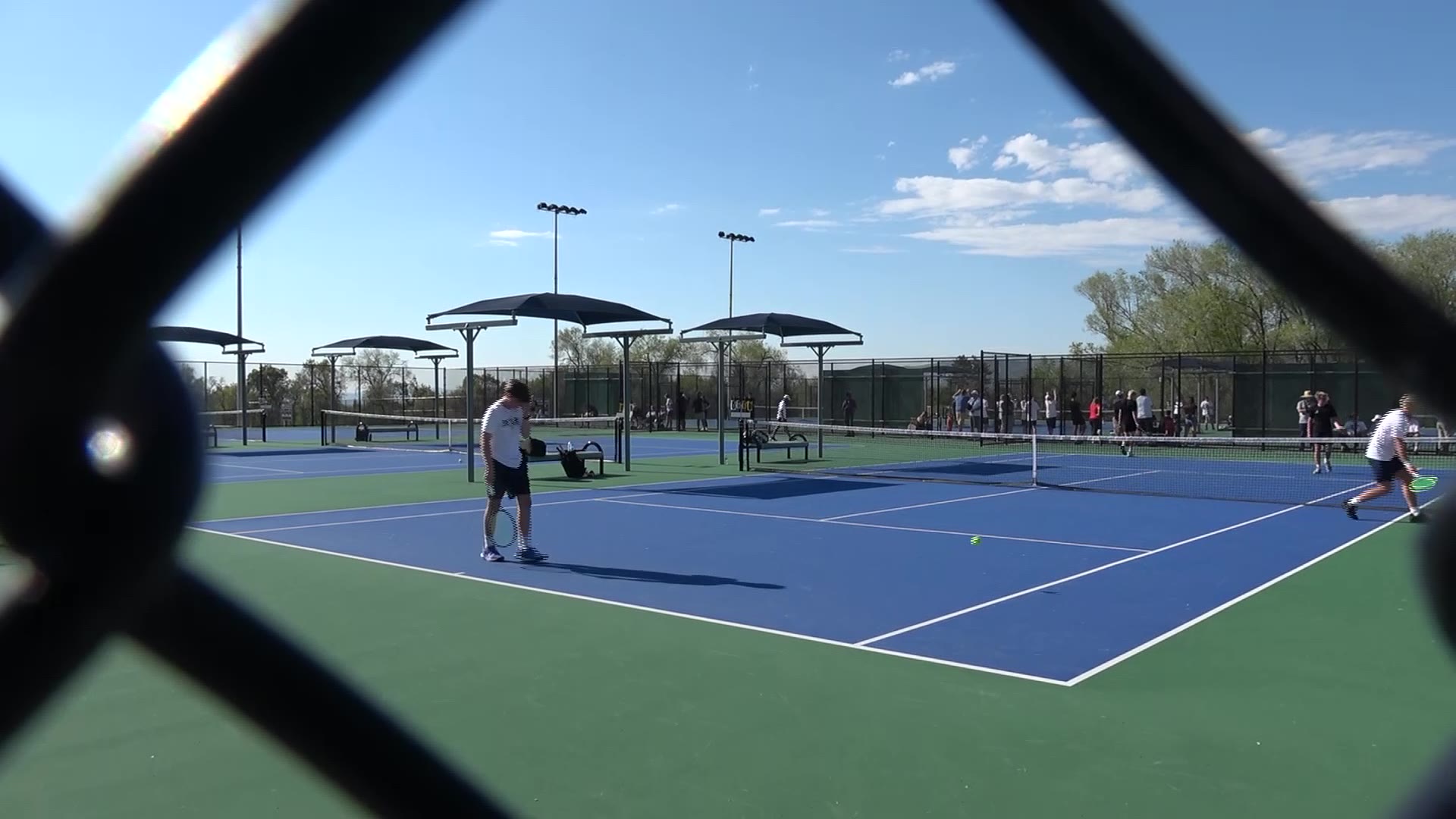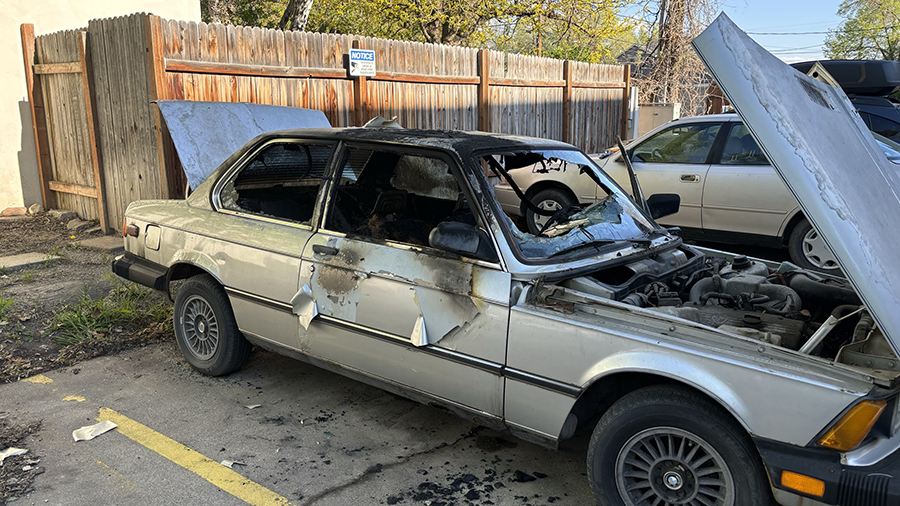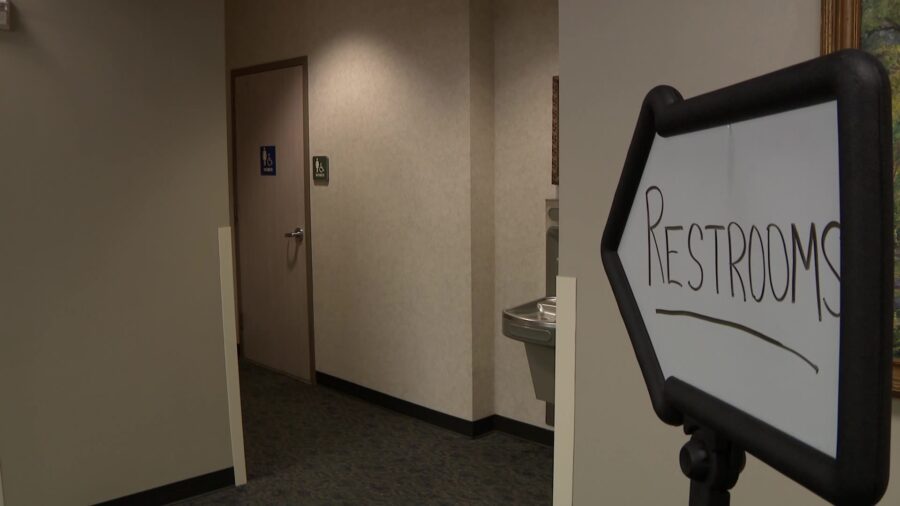Utah family seeking transplant for boy at odds with hospital over vaccine requirement
Mar 10, 2022, 12:53 PM | Updated: Jun 19, 2022, 9:32 pm
SALT LAKE COUNTY, Utah — A Utah family was approaching a decision and a deadline Wednesday as they fought to get a child on a transplant list while remaining at odds with a hospital over a vaccination requirement.
Scott McMickell said 12-year-old Syrus was born with kidney failure and had been elevated to stage 5 in December.
“Anytime he grows or gets dehydrated, something like that, just being a kid, it could crash at any time, so we’re kind of in a smaller time frame than most,” McMickell told KSL TV.
The McMickells had been working with Intermountain Primary Children’s Hospital to get Syrus on the transplant list, but they were told he must have the COVID-19 vaccine to be placed on the list and to move forward with the process.
They were given a March 10 deadline to decide whether Syrus will get the vaccine or not, according to the father.
The family said it has reservations about the 12-year-old receiving the vaccine due to some heart troubles within the family as well as questions about the impact of the vaccine on the acceptance of organs.
“Everything’s up-to-date and it’s not like we’re against all vaccines — it’s this one that kind of has some questions,” McMickell said. “We’re still spreading (COVID-19), we’re still catching it, we’re still getting it — it just seems like the vaccine’s not doing quite what it should.”
Health officials have repeatedly urged people to receive the vaccine doses and booster during the pandemic to reduce the spread as well as the disease’s potential severity.
In a statement, Primary Children’s Hospital said as of Dec. 1, 2021, it has required new transplant candidates to receive their first COVID-19 vaccine dose and receive other childhood vaccines prior to being added to the transplant waitlist, noting the police was in line with clinical standards at all Utah transplant centers.
“Because transplantation requires patients to be on immunosuppression medication for much of their lives, and significantly raises their risk to transmissible viruses, it’s vital for patients to be as protected as possible and to comply with all vaccine requirements BEFORE they can be added to the transplant waitlist,” the statement read. “These longstanding requirements help ensure patients receiving a transplanted organ have the greatest chance of survival.”
Additionally, the American Society of Transplantation has “strongly” recommended that all eligible children and adult transplant candidates and recipients be vaccinated, and whenever possible prior to transplantation.
Still, in a community where pandemic restrictions and requirements are easing, the McMickell family maintained it should have more of a choice in the matter.
“My wife has already had a transplant and stuff like that so she hasn’t had hers, either and we’re doing just fine, so it’s frustrating,” McMickell said.
He said if they don’t get Syrus the vaccine, other options potentially include starting the process over or putting the 12-year-old on dialysis.
“It goes back to how long can his kidney function last because he’s floating between 18 and 20 percent and who knows when it will crash,” the father said.
Syrus, who loves baseball, said he hoped to remain healthy enough to play little league in the upcoming year.
McMickell said he was trying to remain optimistic, but acknowledged the uphill battle ahead.
“It’s not looking like the hospital’s changing its mind anytime soon,” he said.













